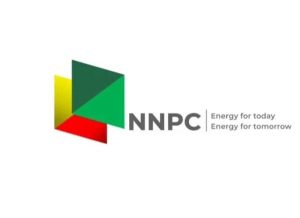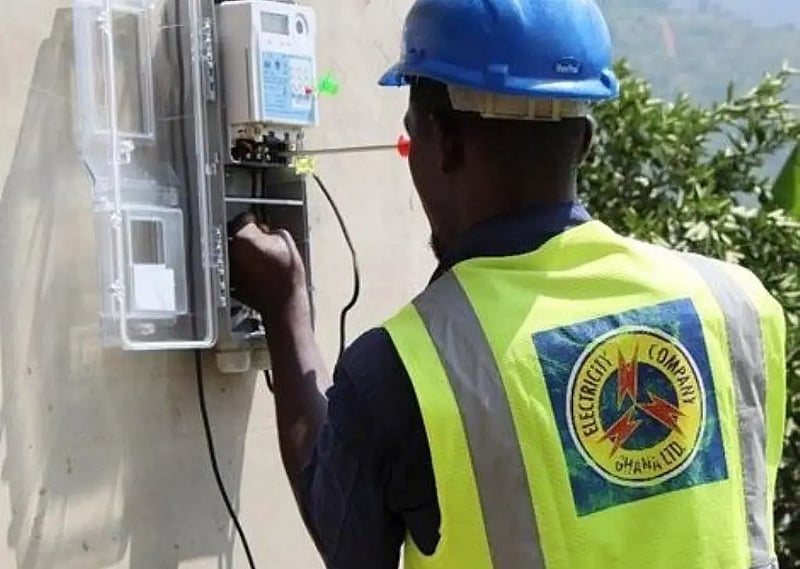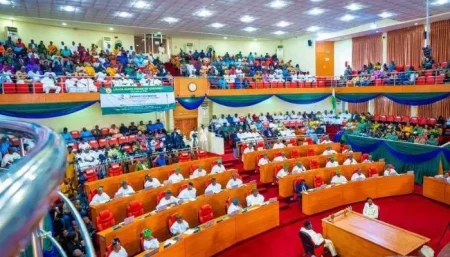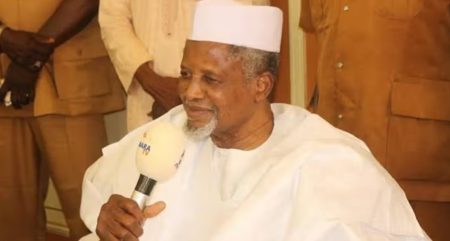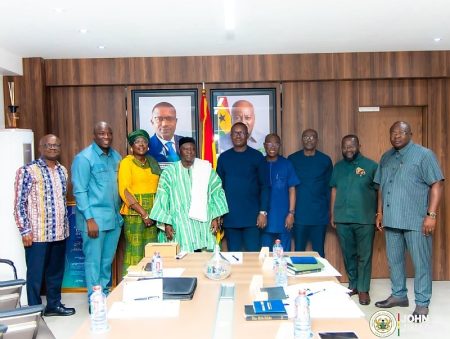The Ghanaian government, in a bid to bolster the financial stability and operational efficiency of the Electricity Company of Ghana (ECG), has mandated the installation of prepaid electricity meters across all state institutions. This directive, approved by the Cabinet, aims to streamline revenue collection, minimize technical and commercial losses, and ultimately enhance the performance of the power distribution sector. Recognizing the critical roles of certain state institutions, exceptions have been made for entities such as the Presidency, security services, educational institutions, and hospitals, which will be placed under a specialized electricity management system tailored to their operational needs. This strategic move signifies a decisive step towards fiscal responsibility and improved energy management within the public sector.
Complementing the prepaid meter initiative, the Ministry of Energy and Green Transition is spearheading a multi-pronged approach to combat electricity theft and enhance revenue collection. A dedicated taskforce has been established by ECG to address power theft and meter tampering, reflecting a commitment to curbing illegal electricity consumption. Furthermore, legislative efforts are underway to strengthen penalties for individuals and entities engaging in these illicit activities. This combined approach of technological intervention and stricter legal frameworks underscores the government’s resolve to protect the integrity of the power distribution system and ensure fair and equitable access to electricity for all citizens.
The government’s modernization efforts extend beyond immediate revenue collection strategies to encompass long-term technological advancements in metering infrastructure. ECG has already deployed 2.1 million smart meters in homes and businesses nationwide, marking a significant stride towards digitalizing electricity monitoring and billing. Ambitious plans are in motion to further expand this smart meter network by an additional two million units between 2025 and 2029, demonstrating a commitment to continuous improvement in electricity usage tracking. This investment in smart meter technology is poised to revolutionize electricity management, providing accurate data for billing and empowering consumers to monitor their energy consumption effectively.
The collaborative efforts between ECG and the World Bank further amplify the focus on modernizing the power distribution network. Their partnership aims to install an additional one million smart meters within the next four years, reinforcing the commitment to enhanced accuracy in electricity usage tracking and billing. This joint initiative not only strengthens the technological foundation of the power sector but also underscores the importance of international collaboration in addressing energy challenges. The combination of government initiatives and international partnerships creates a synergistic approach to achieving sustainable development goals within Ghana’s energy sector.
The positive impact of these initiatives is already evident in ECG’s improved revenue collection. By the end of June 2025, ECG had mobilized GH₵1.6 billion in revenue, a testament to the effectiveness of the digital and operational innovations implemented. This significant revenue increase demonstrates the potential for financial stability within the power sector through strategic reforms and technological advancements. The success achieved thus far reinforces the importance of continued investment in modernizing the power distribution infrastructure and implementing efficient revenue collection mechanisms.
Addressing the broader financial landscape of the energy sector, the Minister acknowledged the substantial legacy energy arrears amounting to $3.1 billion owed to contractors and suppliers. Including the debts to Independent Power Producers (IPPs), the total sector debt reaches a staggering GH₵67 billion. To tackle this complex financial challenge, a specialized committee has been formed to review existing Power Purchase Agreements (PPAs) and finalize ongoing negotiations for new agreements. This proactive approach aims to rationalize Ghana’s energy procurement structure, ensuring long-term financial sustainability and fostering a more resilient energy sector. This comprehensive strategy underscores the government’s determination to address historical debt while simultaneously building a more robust and sustainable energy future for Ghana.




